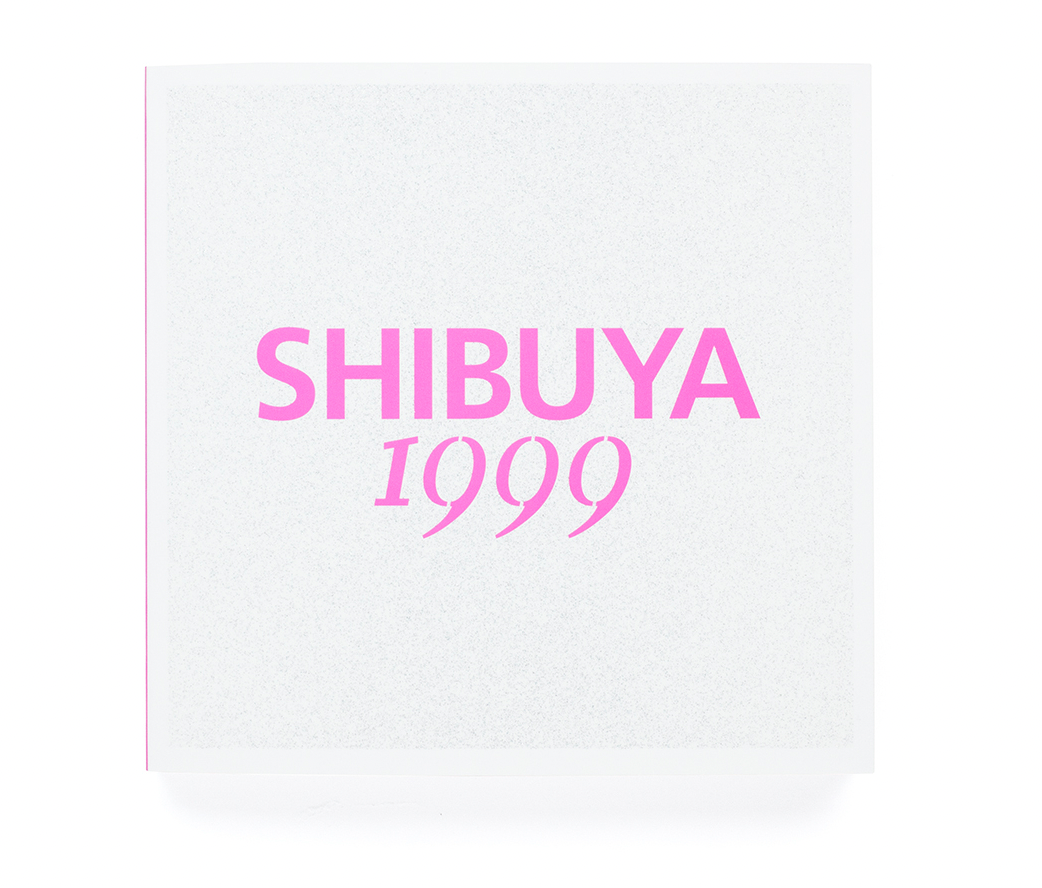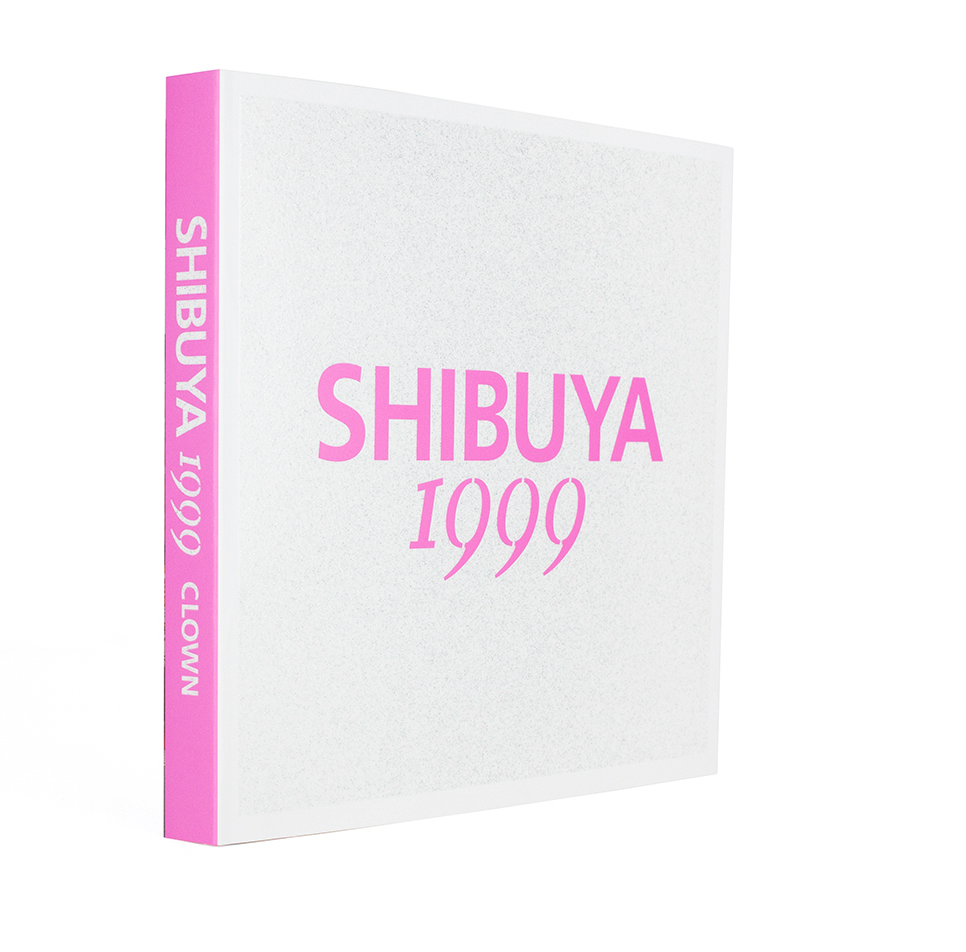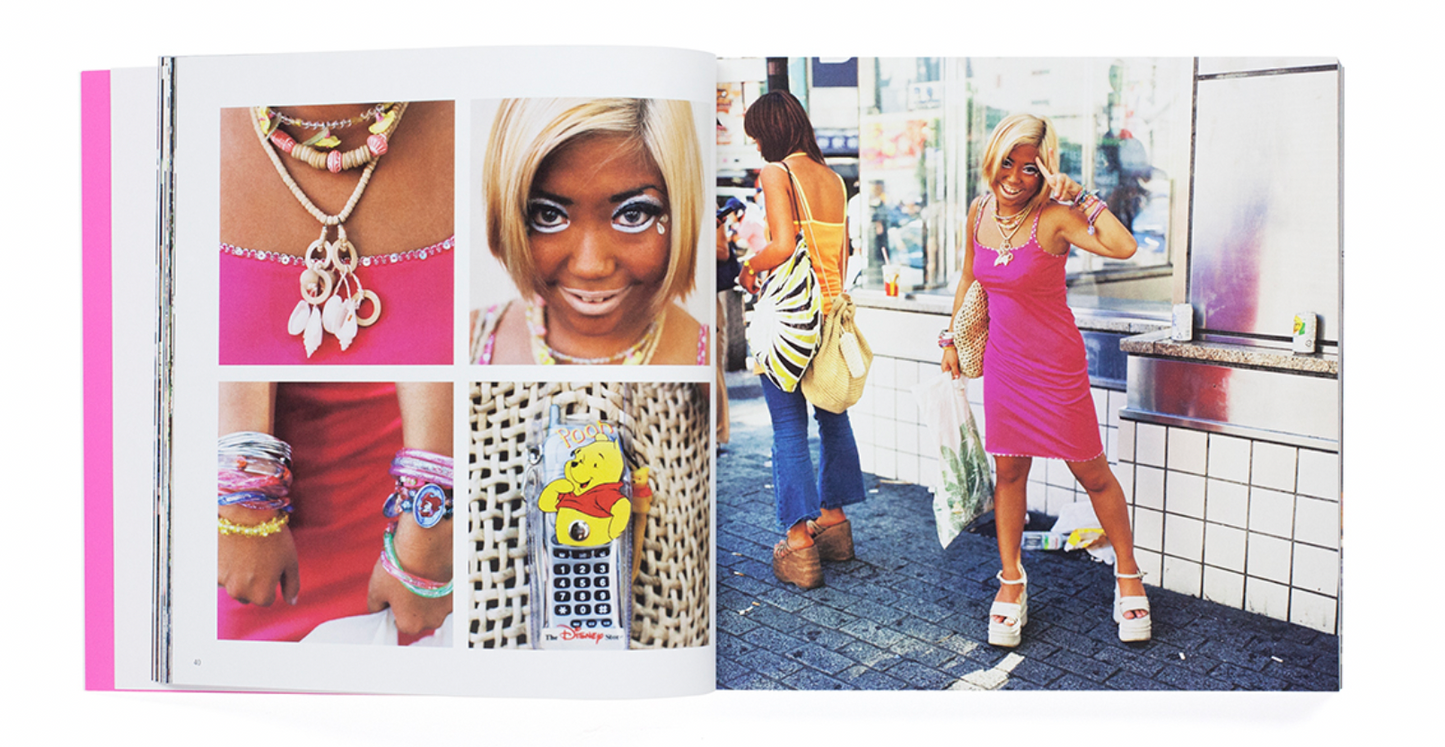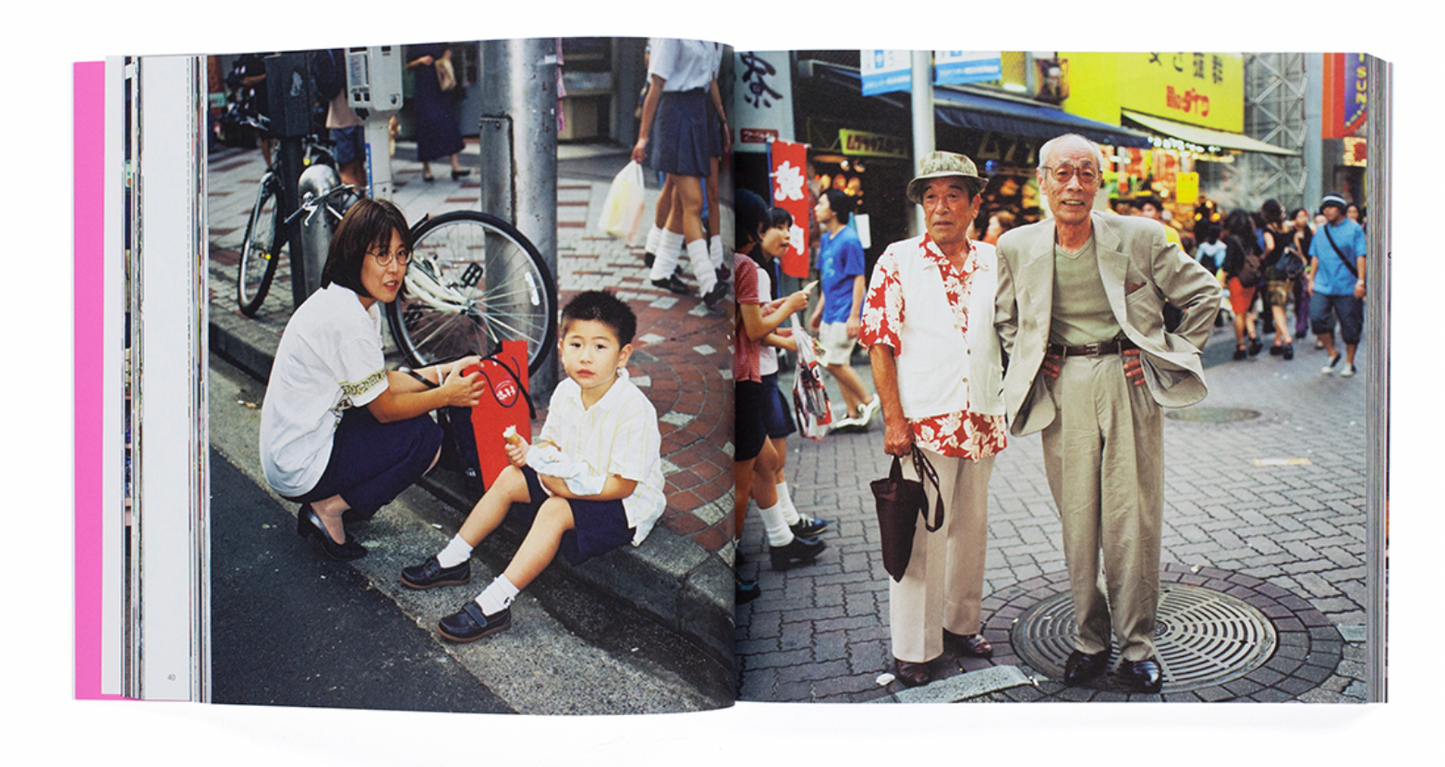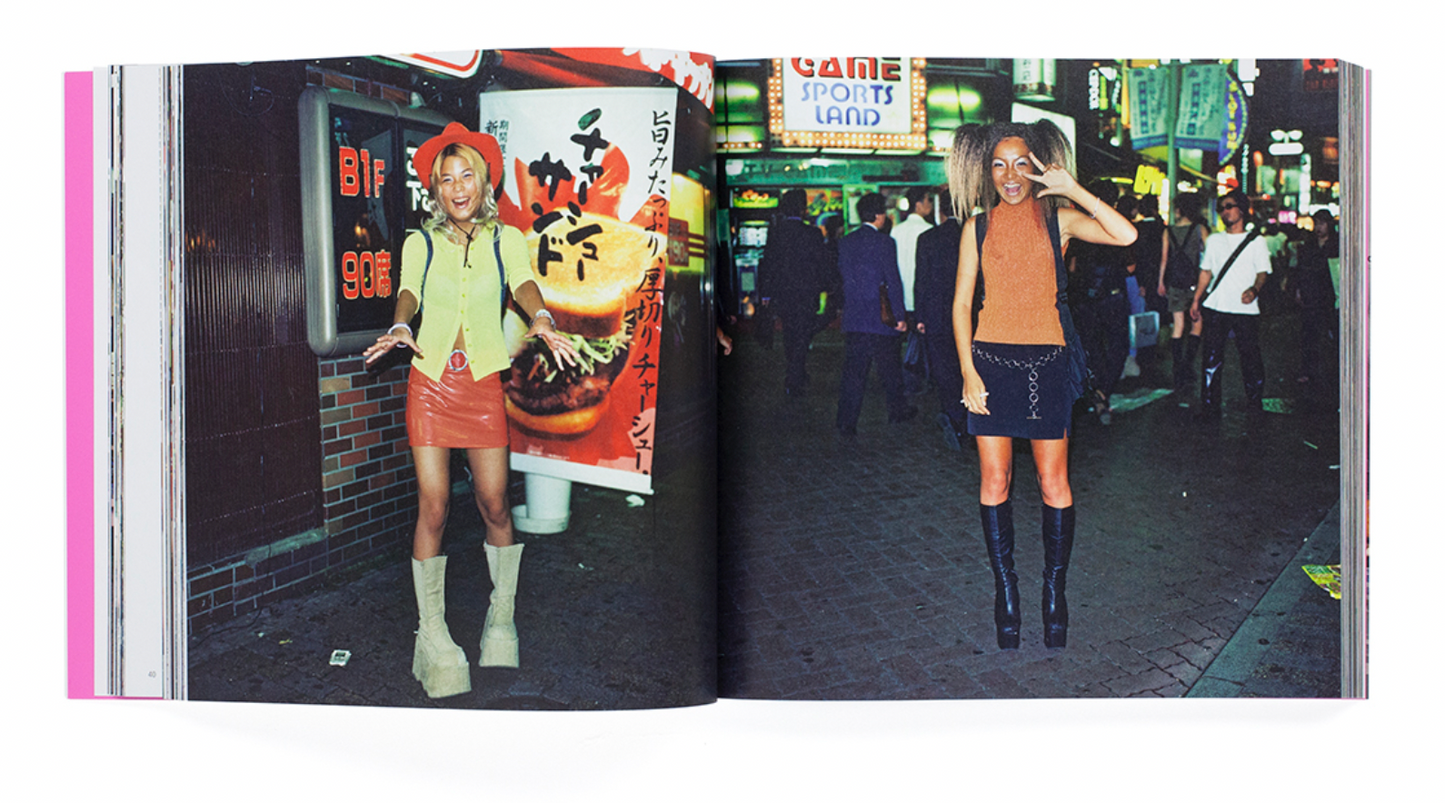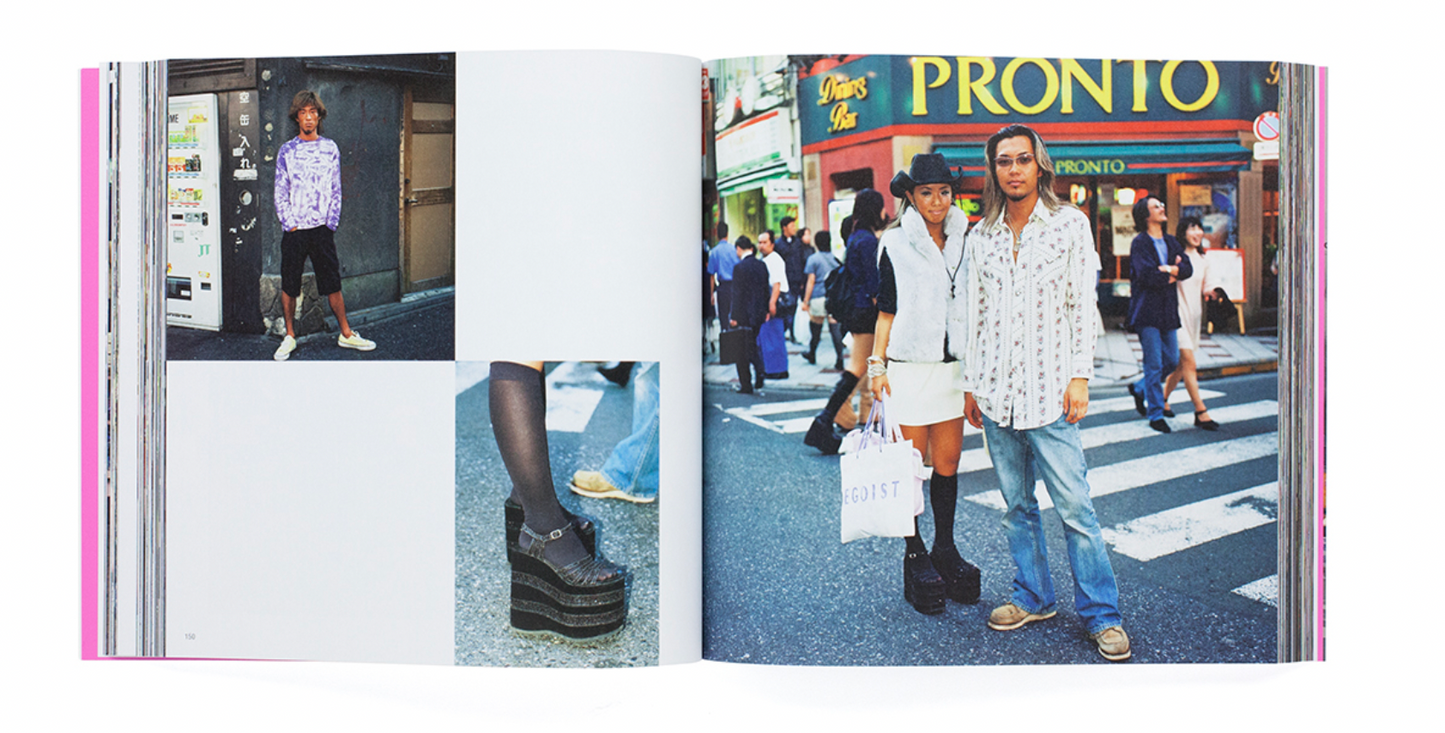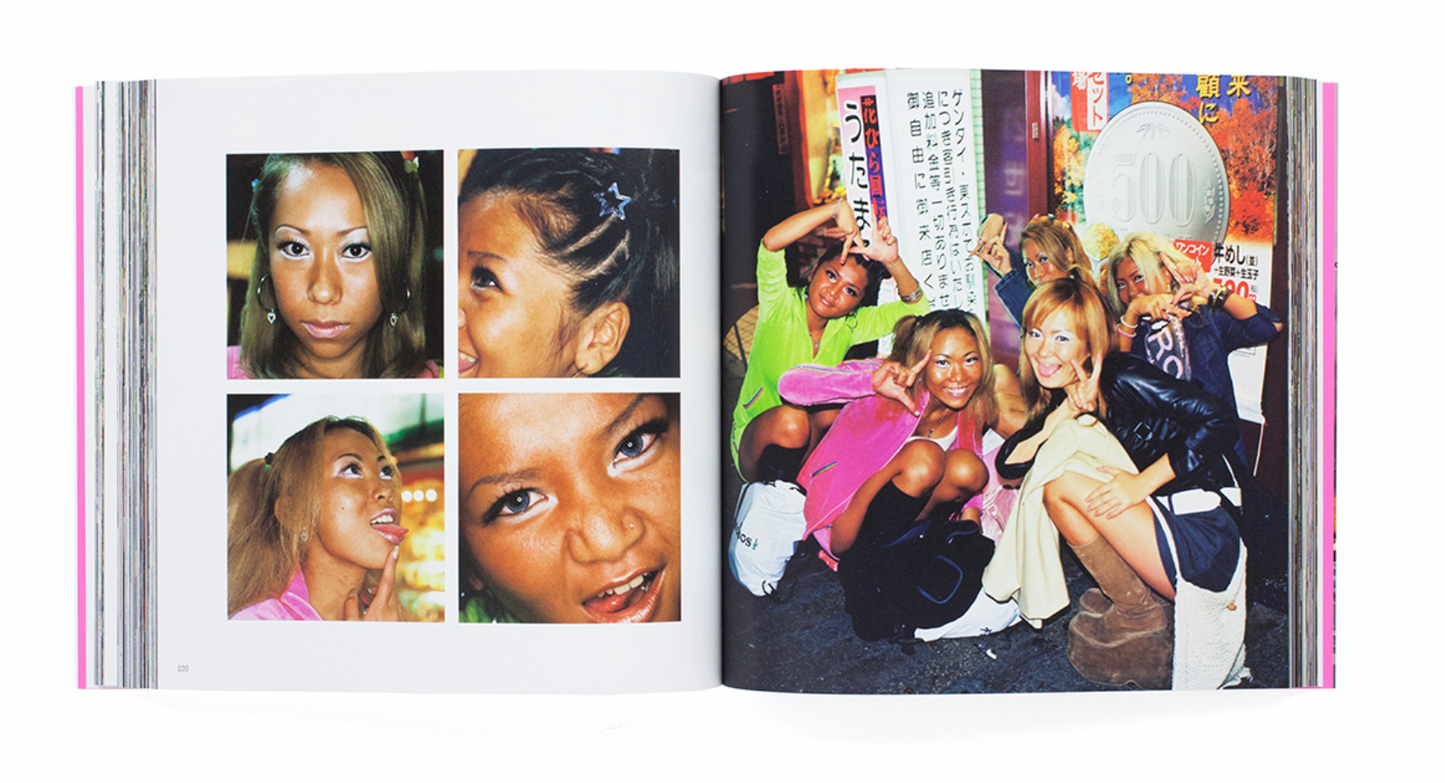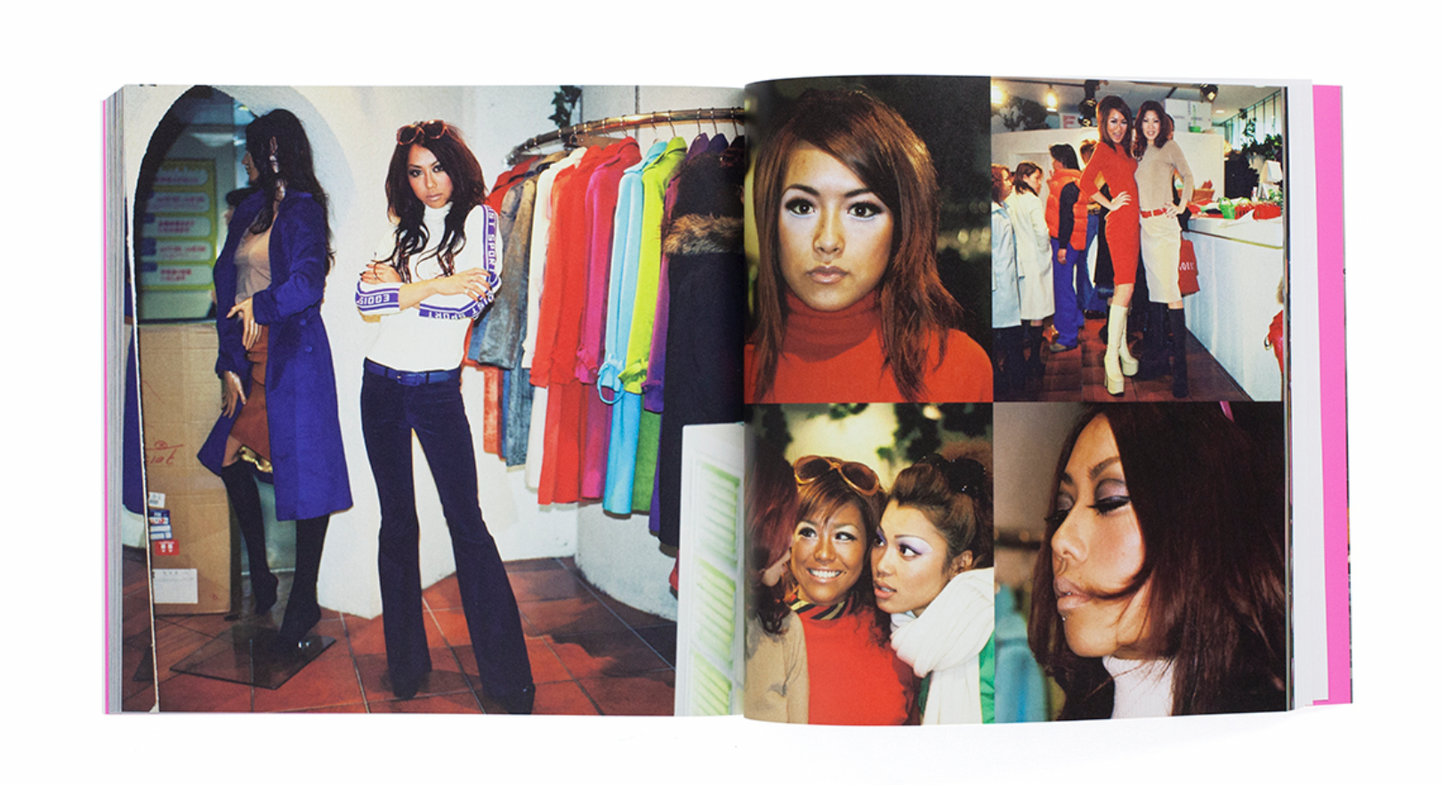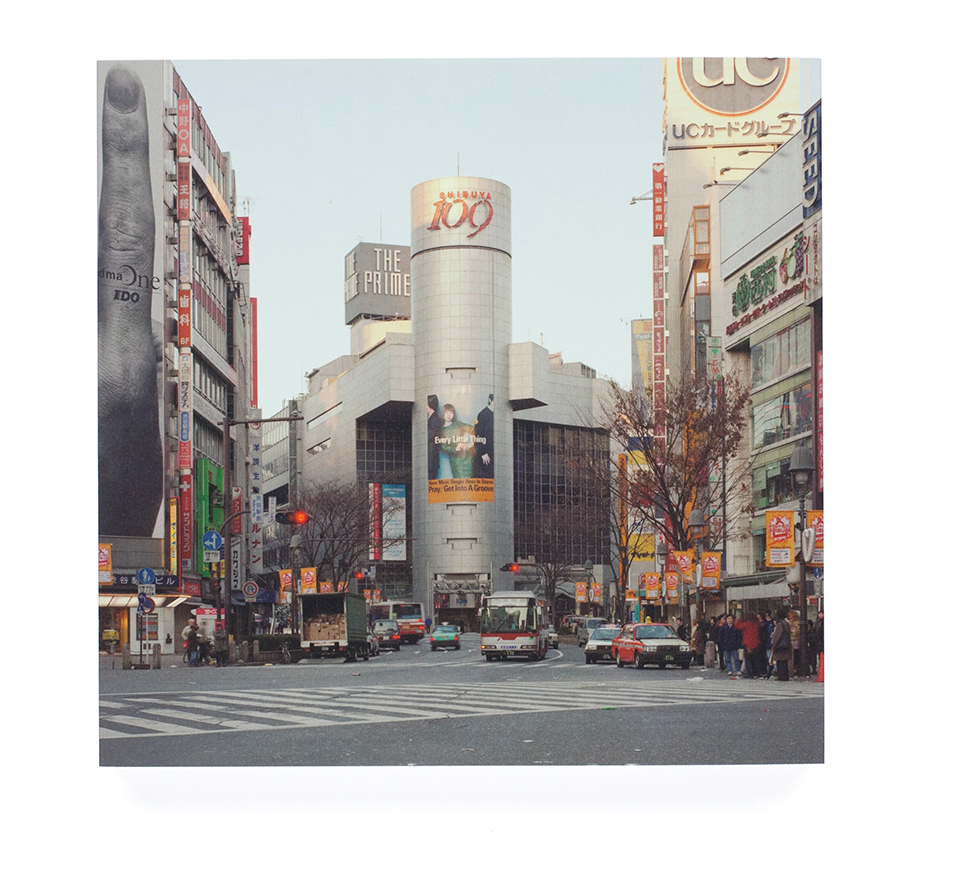Shibuya 1999
Shibuya 1999
Impossible de charger la disponibilité du service de retrait
En rupture de stock
Publisher: Zen Foto Gallery
Gal culture flourished in Shibuya at the end of 20th century. In the late 1990s, young girls filled Shibuya's Centre Gai Street and began creating a unique cultural movement that would eventually spread throughout Japan. People came from all over the country to gather in Shibuya, having long dreamt of dressing themselves in the latest outfits from Shibuya 109. This book presents the vivid scenes that unfolded in Shibuya in 1999.
The word “gal” – pronounced gyaru in Japanese – came straight from casual American vernacular. The word was initially used in Japan to describe young and active women, but in the early 1990s – as the country entered the bubble era – young women with luxurious lifestyles became known as “ike-ike gals” (girls in high spirits). Following in their footsteps, high school girls also started to congregate in Shibuya. Referred to as “ko-gals”, they contributed to a new image for gals in Japan.
At first glance, gal fashion may seem like an imitation of its western counterparts, but at the core of this movement was the motivation to dress like people who were far less distant: Shibuya 109’s charismatic shop staff, magazine models and domestic musicians. By adopting this style, the gals unconsciously created a localised version of the fashion trends that had originated on America’s West Coast. In doing so, they built a movement that was not only aligned with Japanese culture and social context, but was also linked to each gal's physical characteristics...
This book vividly captures the essence of youth at a time when Shibuya gal culture was blossoming. To my knowledge there are no other books that provide such a comprehensive record of ganguro gal culture. In terms of its cultural significance, this book serves as an important document of youth culture in the late 20th century.
― Yusuke Arai, excerpt from Shibuya Street Fashion at the End of the Century
Published by Zen Foto Gallery, Mike Nogami’s Shibuya 1999 offers a brilliantly engaging look into the culture and fashion of Shibuya’s Gyaru/Gal of the late 90s. Encapsulated within the 369 pages of the publication is an exciting array of portraiture and street shots, all of which illustrate a moment in Shibuya’s fashion history which came and went as quickly as it flourished, presenting a time capsule back into an iconic street trend of the 90s and the beginning of the Millenia.
